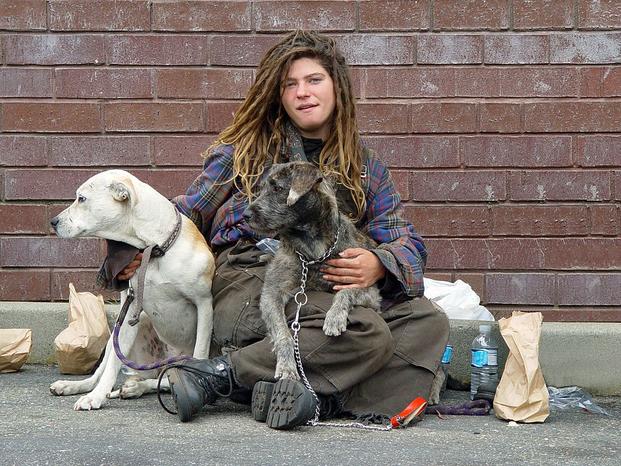When you think of homeless veterans, you may not immediately think of female vets. But the Department of Veterans Affairs says that women comprise the fastest-growing segment of the homeless veteran population.
In its 2017 Annual Homeless Assessment Report to Congress, the U.S. Department of Housing and Urban Development (HUD) estimated that just over 40,000 veterans were homeless on a single night in January of that year. Of those, about 9% were women. From 2016 to 2017, the number of homeless female veterans increased by 7%, compared with 1% for their male counterparts.
In a 2016 report, the VA-funded National Center on Homelessness Among Veterans said the number of women identified by the program as homeless, or who accessed VA programs to end homelessness, tripled to 36,443 in a five-year period ending in 2015. That figure, according to the center, is projected to rise by about 9% to nearly 40,000 by 2025.
Many Homeless Female Veterans Don't Seek Assistance
Many homeless female veterans were victims of military sexual trauma and feel resentment toward the military and the VA, officials said. As a result, many do not identify themselves as being veterans. They tend to stay away from the organizations wishing to help them because they feel they were betrayed by that organization in the past, officials added.
According to the VA's National Center for PTSD, data from the VA's military sexual trauma screening program shows that about one in four women and one in 100 men say that they experienced sexual trauma or assault while in the military.
Homeless female veterans don't fit the stereotype of a homeless person living on the streets. Female homeless veterans often have children and tend to stay with family or friends temporarily.
Just as homeless male veterans often don't seek help because they were instilled with a sense of self-reliance and pride while in the military, female homeless veterans are often caregivers for their children and have a very hard time asking for help, officials said.
Using a Holistic Approach
On the campus of the VA Central Western Massachusetts Healthcare System in Leeds, Massachusetts, the department is taking a holistic approach to helping female veterans get back on their feet.
Nearly all of the center's residents experienced early childhood trauma, and more than 80% encountered military sexual trauma, officials said.
Treating the entire person -- mind, body and spirit -- helps female veterans regain their sense of self-worth and dignity, allowing them to transition back into the community, according to center personnel.
The facility's holistic program focuses on six dimensions of wellness: physical, social, emotional, occupational, spiritual and intellectual.
The residents have access to activities that provide peer-to-peer support: yoga, workouts, art therapy classes, walking clubs, and sessions on spirituality, goal setting and financial aid.
Social health is more important to a woman's healing process than it is to a man's, according to the center. The VA is realizing that and tailoring treatments as necessary.
Stay on Top of Your Veteran Benefits
Military benefits are always changing. Keep up with everything from pay to health care by signing up for a free Military.com membership, which will send all the latest benefits straight to your inbox while giving you access to up-to-date pay charts and more.





